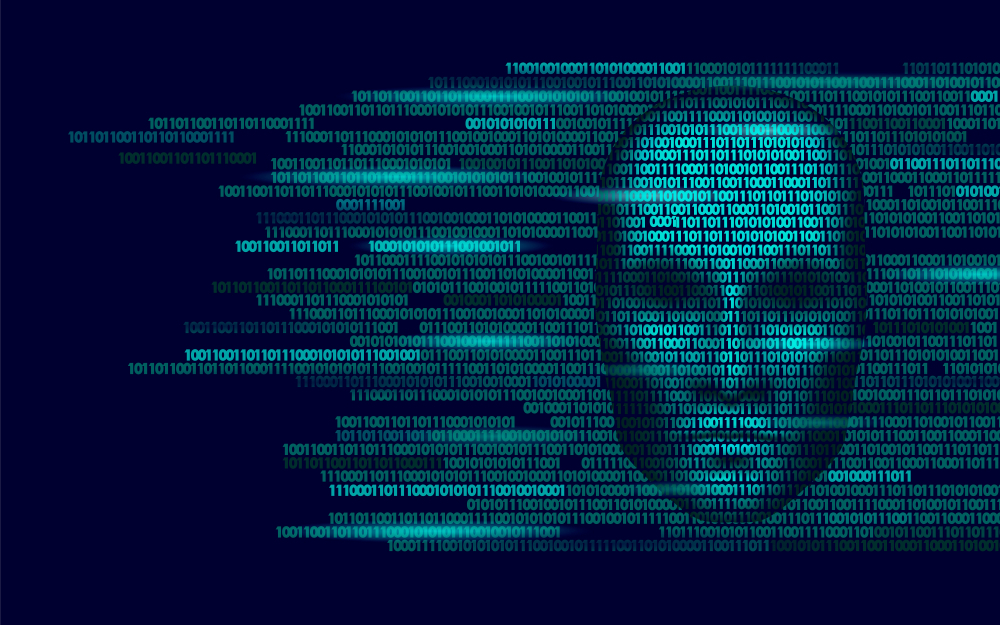“Anonymity is the spiritual foundation of all our traditions, ever reminding us to place principles before personalities.”
– Shrey Madaan
The latest developments in the cyber realm have introduced a wide variety of techniques and using which the government authorities, corporal entities and even criminals can interfere with our privacy and violate our freedom of speech and expression. Due to several laws and policies formulated by the government resulting in mass and targeted surveillance, data collection and online censorship, and also various attacks by cybercriminals have hampered the right to privacy of people especially communities such as minority or marginalized religious and linguistic groups and their freedom to access the internet freely. In order to counter these restrictions and ensure their privacy online while browsing the internet, encryption and anonymity play a very important role.
Anonymity can be explained as acting or communicating without revealing or presenting one’s identity so that true identity remains hidden. Anonymity can also be achieved by utilizing an assumed or invented name that can be different from the legal or customary identity of a person. Therefore the essence of anonymity is the ability to function or carry out activities in public places without revealing our true identity. In cyberspace it means that a person communicates on the web without using their own identity, instead using an alternate name rendering themselves unidentifiable protecting their identity.[1] It is safe to say that online anonymity is important for any democratic and free society when used judiciously.
However, the liberty of using the internet anonymously has various adverse effects on society such as the increasing number of illicit activities occurring in the dark web such as drug trafficking, money laundering, unethical hacking and several extremist and terrorist activities. Certain events such as the terrorists attacks in Paris and Brussels, and the Wannacry outbreak (ransomware attack) of 2017 made government authorities across the globe more vigilant about the adverse effects of online anonymity and are collaborating with each other for developing effective surveillance mechanisms on the internet users in order to restrict the anonymity of online users and restraint their right to privacy.
The quest for online anonymity led to the emergence of the deep web, which consists of content on the internet which is not indexed by search engines such as Chrome. The content on the deep web is unavailable on the surface web. The maximum portion lies untraced beneath the surface in the deeper layers of the web. Although it is not illegal to surf the deep web, the legality of surfing depends upon its usage. It is considered illegal if any kind of malicious activity or crime is committed. The dark web is the most secure part of the deep web which provides a safe haven for criminals to carry out illegal activities. [2]
Virtue of Anonymity
The ability to remain anonymous or cloaking the identity of users is crucial in the cyber realm. It enables users to operate without being tracked by bad actors. Online anonymity generates a sense of security as the users are hidden from watchful eyes and are able to use cyberspace without any constraint. It is essential for the realization of fundamental freedom of speech and expression and human rights ascribed to each individual born human as enshrined in article of 19 of UDHR, data protection and privacy rights also under the core protection of internet anonymity[3]. The right of online anonymity in a deep web is a lifeline that enables users to gain access to valuable information and ensures their protection from persecution. It is an important tool for communication, whistle blowing and also protects people from facing severe consequences such as criminal persecution. The most cherished feature of the deep web is the privacy and data protection to individuals potentially under the radar of authorities and governments who may attempt to monetize their data.
Peril of Anonymity
However anonymity provided by the hidden layers of the internet might encourage people to indulge in illegal activities too. Since authorities cannot keep a check on the users they might feel free from societal norms and constraints leading to the loss of self awareness. This leads to the phenomena of radicalization of the masses and cyber terrorism. Cyber radicalization and extremism poses a grim threat to society at large.[4] Cyber extremists use various methods to propagate their agenda such using social media platforms and luring youth in anonymous chat rooms. Crypto laundering is the primary method of accumulating funds received by radical and extremists groups. The medium of transaction on the dark web is bitcoin which is crypto currency.
The anonymity cloak is a boon for netizens and has given them the opportunity to voice their opinions and generate awareness about the reality that exists within their nation. However this redeeming feature also lures criminals, turning the hidden layers of the internet into a breeding ground for criminal activities ranging from unethical hacking to cyber terrorism. The stakeholders need to ascertain their role in regulation of the hidden internet and curbing malicious activities in cyberspace. It’s high time for policy makers to familiarize themselves with every aspect of cyberspace and its significance in social fabric in order to formulate effective legislation. Most importantly the general public should be educated on cyberspace and safe use of the internet including hidden internet and their right to privacy. The collective effort of everyone will ensure healthy and flourishing cyberspace devoid malice associated particularly with anonymity
[1] Office of the United Nations High Commissioner, Anonymity and Encryption, (Electronic Frontier Foundation, 2015)
[2] Michael Chertoff, “A Public Policy Perspective on Dark Web” 2, Journal of Cyber Law, 27, 2017
[3] ARTICLE 19, “Response to UN Special Rapporteur Call for Comments on Encryption and Anonymity Online”, (February 2015)
[4] Mohammed Chawki, “Anonymity in Cyberspace: Finding the Balance between Privacy and Security” 9, International Journal of Technology and Commercialization , (2010)
Author – Shrey Madaan, Research Associate




